
If you've spotted one in your home and reached for the harshest chemical you have, it's worth noting if bleach will kill roaches?
Technically yes, say our pest pros, but that's not to say that reaching for a bottle of strong chemicals should be your first port of call, or even your path of action at all.
Here, they share their tips on why it's best not to use bleach to get rid of cockroaches, and what to try instead.
Will bleach kill roaches?
As Tony King, pest expert and founder of The Pied Piper Pest Control, explains, technically yes, bleach will kill a cockroach, but only if you spray it directly, and in great enough amounts. 'It's extremely corrosive and can destroy the exoskeleton of the roach or disrupt its respiratory functions,' he says.
Additionally, as Adham Perriseau, a licensed pest management professional and eco solutions specialist at Dr. Killigan’s, points out, cleaning surfaces with bleach can also help remove food residue and scent trails, both of which are things attracting roaches to your clean house.
Cons of using bleach to kill roaches
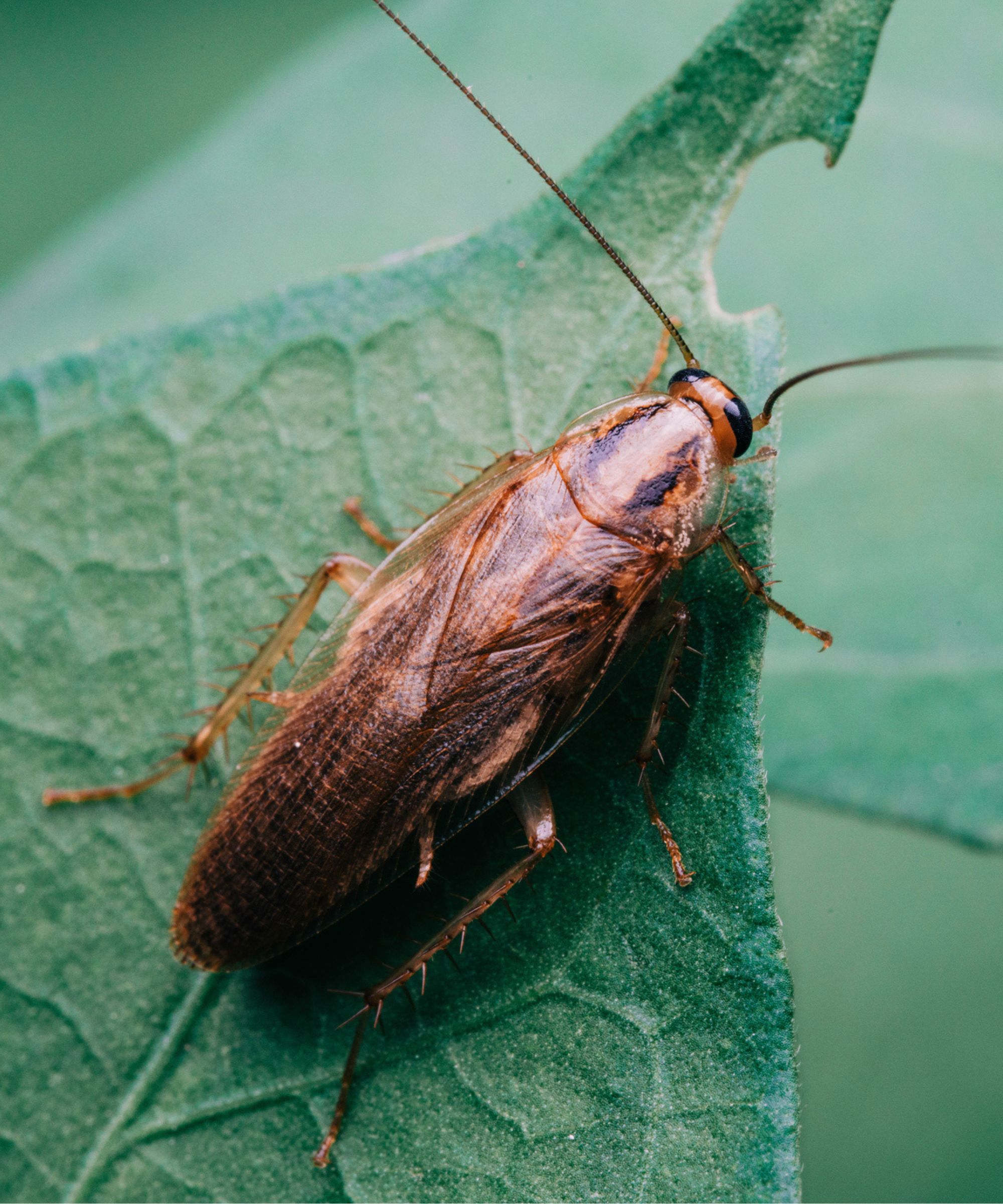
So, are there any drawbacks to using bleach to kill roaches? 'Oh, you bet there are,' says Jeremy Logsdon, co-owner of Preventative Pest Control. 'Using bleach as a pesticide is a really bad idea for a few reasons.
'The biggest drawback is that it simply doesn't work,' he advises. 'You might kill one or two roaches, but the thousands more hiding in the walls and reproducing will be just fine. You're fighting a losing battle.
'You have to literally hit the roach with a high concentration of bleach to get a lethal dose. If you were to try, you'd need to mix a strong solution of bleach and water to spray directly on a roach. Some people try pouring it down drains, but this is a waste of time and can actually damage your plumbing. It's a "whack-a-mole" approach that doesn't address the source of the problem.'
Put simply, as Jeremy stresses, using this method to get rid of cockroaches in the bedroom or anywhere else is unfortunately 'messy and inefficient,' and may even end up attracting more pests looking for a water source to your space.
Adham agrees with Jeremy, and highlights that this method won't affect hidden roaches, which 'typically hide in small, hard-to-reach areas, making it unlikely that bleach will come into contact with them.' In particular, roaches typically use these hidden spots for pest harborage.
'Its strong chemical fumes can also be harmful to people and pets,' he continues, and it won't prevent future infestations, either.
As if you need any more reasons not to try this approach under any circumstances, have you ever tried to catch a cockroach before? They're extremely speedy, and you likely won't be able to get close enough to douse them in bleach before they run off, says Tony.
'Plus, bleach has no residual killing effect, and cockroaches will not be attracted to it as they are with bait products,' he adds.
What to do instead
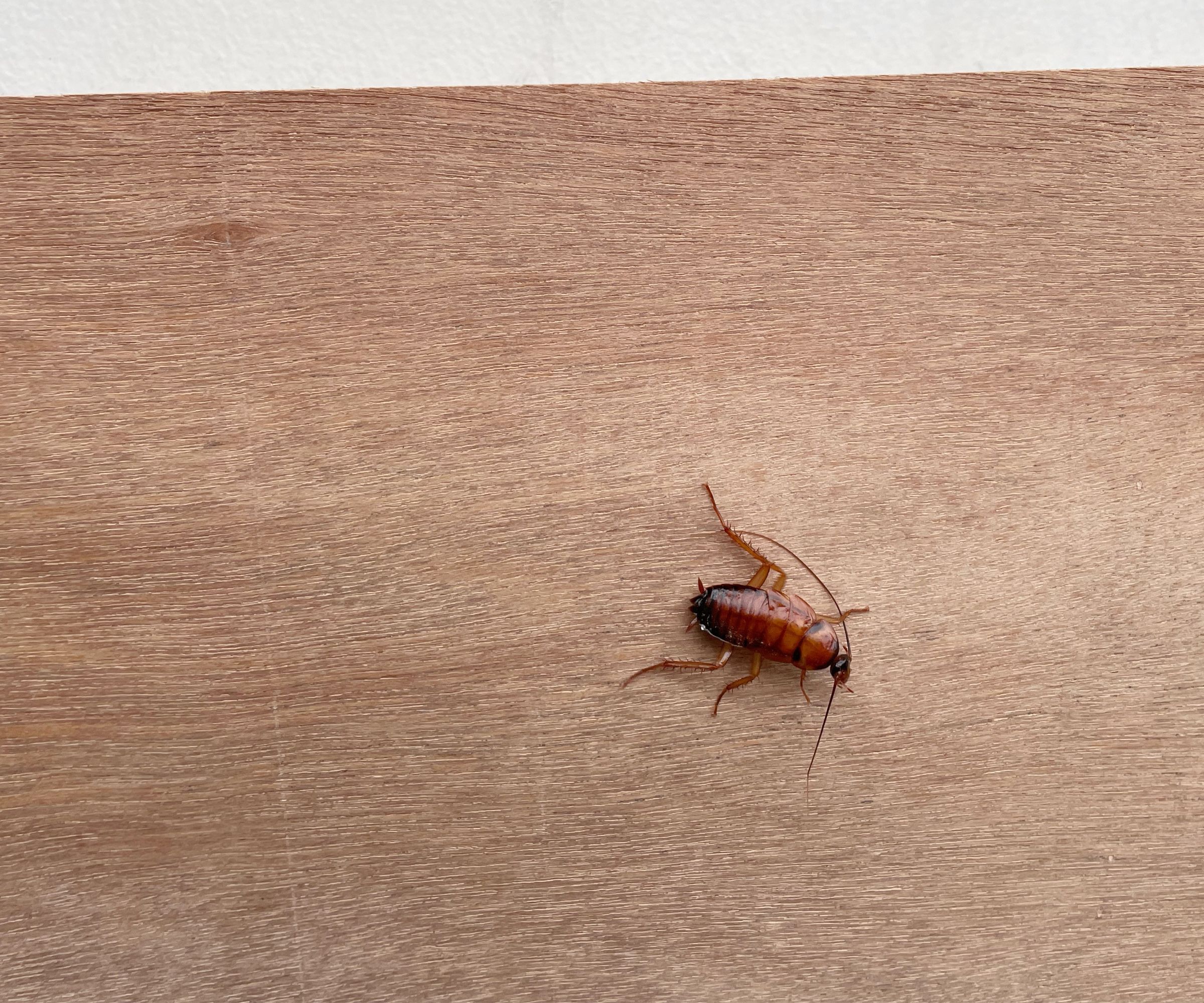
'Instead of bleach, I always recommend a multi-pronged, professional approach,' says Jeremy. 'It's about getting to the source of the problem, not just treating the symptoms.' Here's what our pros suggest:
- Boric acid: which is 'poisonous to cockroaches but completely harmless to keep in the house when used properly,' says Tony. 'A good product to use for this is the Harris Boric Acid Roach Killer Powder with Lure available at Walmart, as it's cheap and simple to apply.'
- Bait: 'These baits lure roaches in on a food-based lure and then kill them with a delayed-action insecticide they carry back to the nest and infect others with. This method treats the colony, not each roach,' advises Tony.
- Diatomaceous earth: Tony explains that this natural pest control staple is a 'fossilized algae that dries up roaches from small cuts on their exoskeleton. Just sprinkle it lightly around the areas where you've seen roach activity on the baseboards, under the refrigerator, behind the stove, and it'll continue to work as long as it remains dry.'
- Sanitation: As Jeremy says, 'Roaches need food, water, and shelter. The less resources they have, the less likely they are to stick around.'
- Exclusion: 'This is about sealing off entry points so new roaches can't get in,' directs Jeremy. Using caulk, such as the top-rated DAP INC Acrylic Latex Caulk available at Amazon is brilliant for this.
What to shop
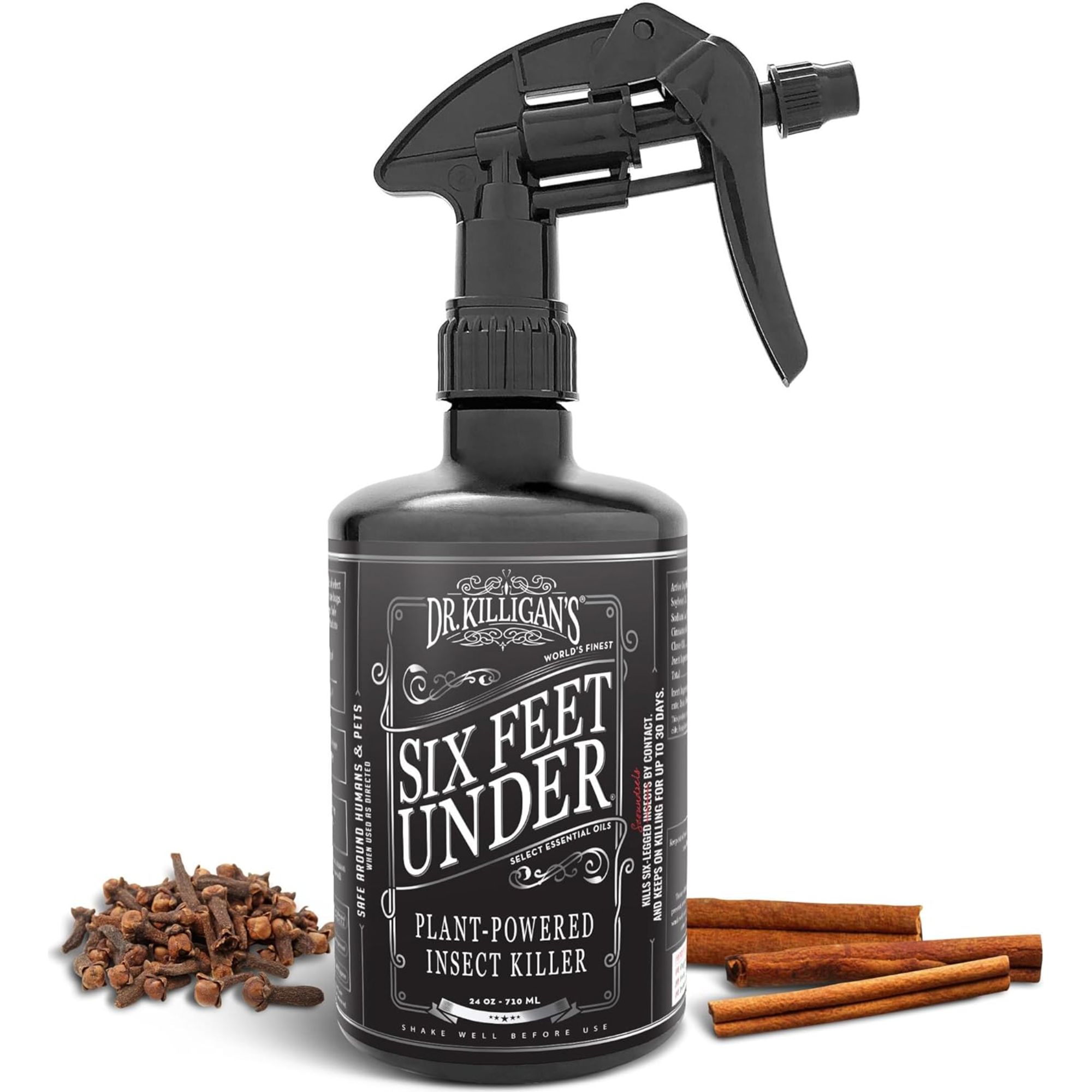
'For a reliable and non-toxic option, this spray uses essential oils to kill roaches on contact and can be safely used around children and pets, making it a more practical and effective choice,' recommends Adham.
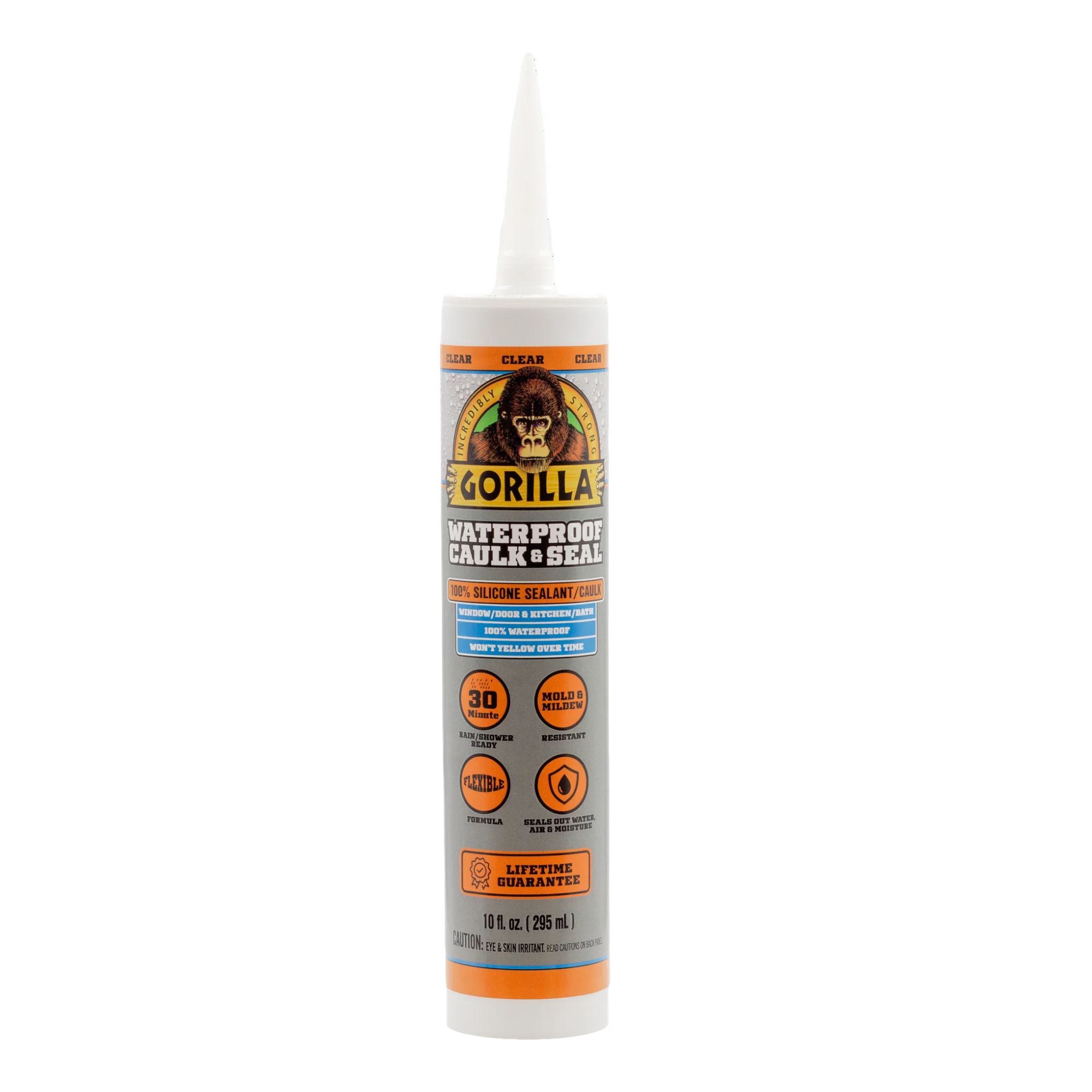
This waterproof caulk is quick-drying, non-yellowing, and mold-resistant, making it suitable for both indoor and outdoor use.
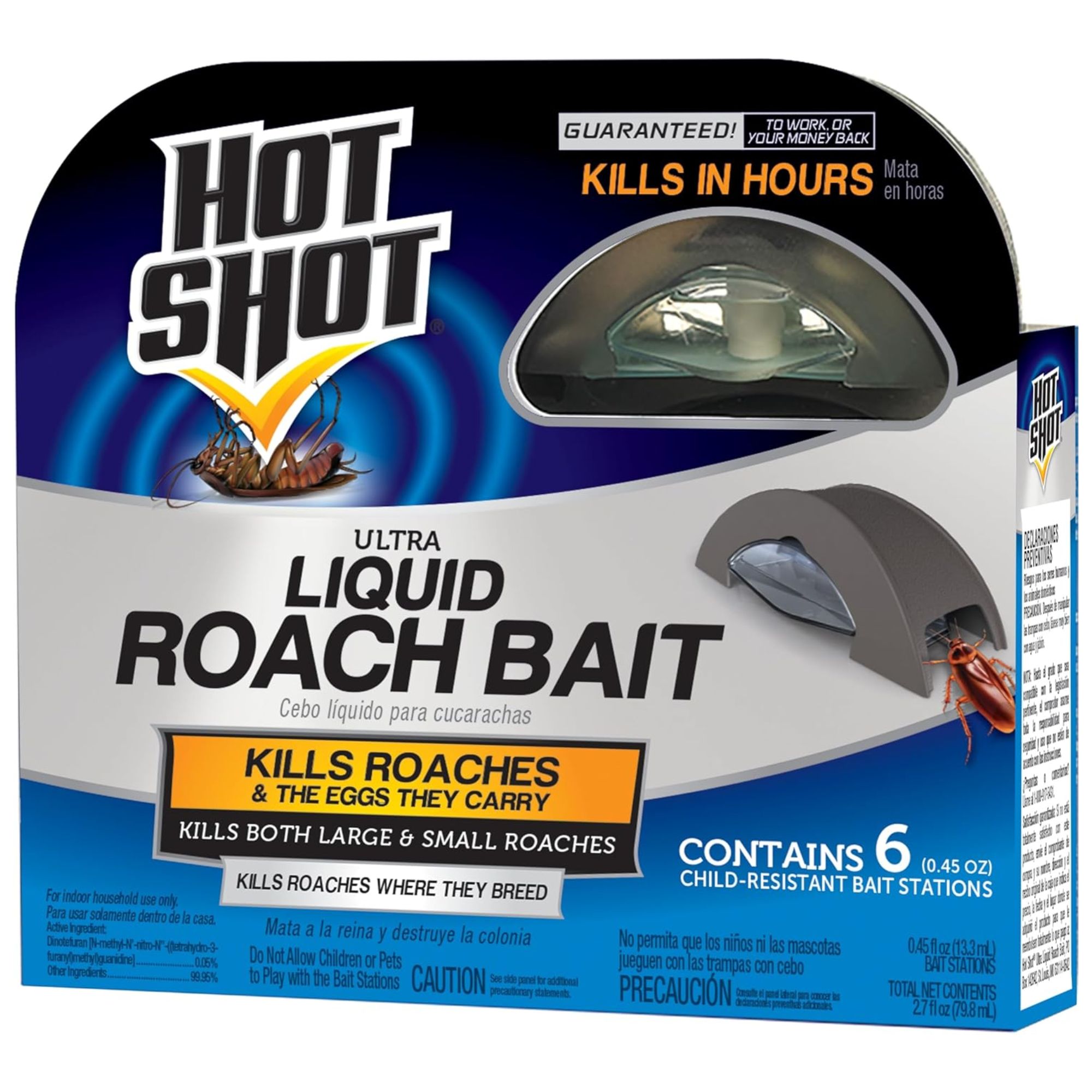
'This is another good liquid bait option,' says Jeremy. 'The roaches are drawn to the liquid, drink it, and die.'
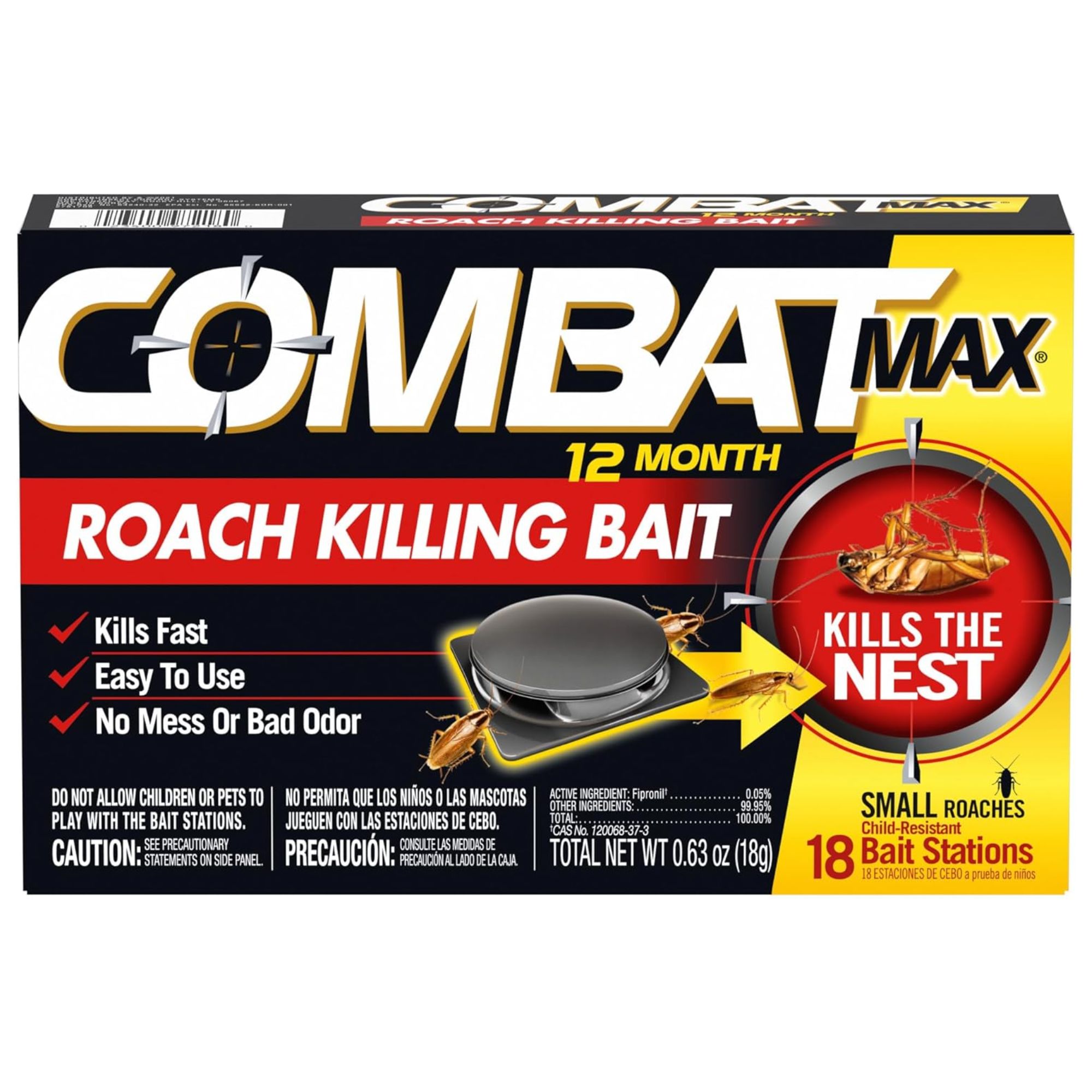
'This stuff is a classic for a reason,' recommends Jeremy. 'You just place the small bait stations where you see roach activity, such as under sinks or behind the fridge, and the roaches eat the bait and die.
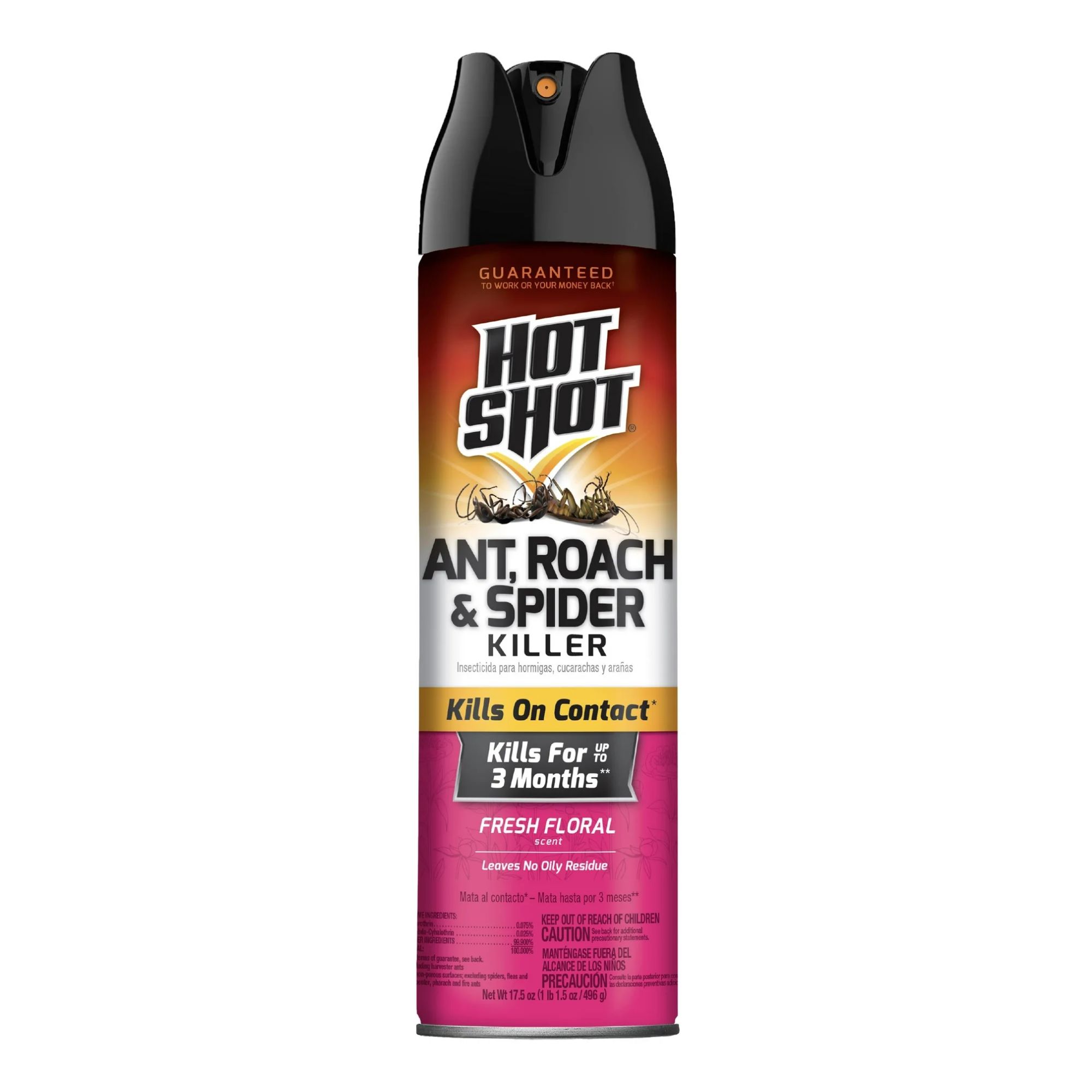
This super effective spray kills for up to three months with a fresh scent and no oily residue.
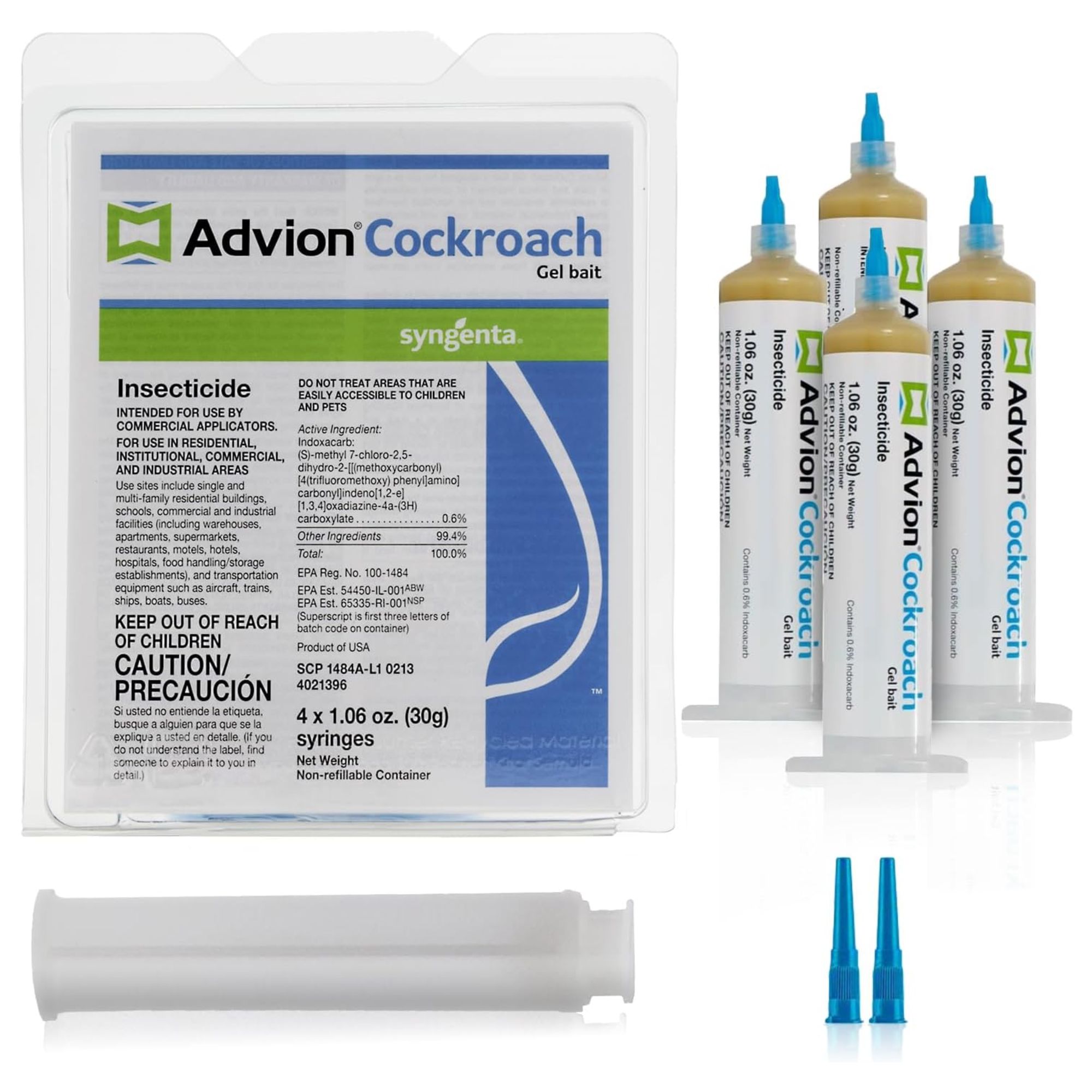
'This is a professional-grade product that's also available to homeowners,' says Jeremy. 'It's a gel you can apply in cracks and crevices where roaches hide. It's highly effective and a little goes a long way.'
Meet our experts
'If you have a serious infestation, these DIY methods might not be enough,' warns Jeremy. 'That's when you call in a pro. Pest control professionals have access to more powerful treatments and can identify the source of the problem more effectively.
'But for a mild roach issue, stick with a good cleaning routine and some proven baits. It's a lot safer and more effective than a bucket of bleach.'







